Sayers' essay also prompted my searching of Genesis, some passages of which I shared in class:
And God saw that is was good. - 1:12bThis is the first time this phrase is used in the creation story. One of the OED entries defines 'good' as "Having in adequate degree those properties which a thing of the kind ought to have," a definition anyone who makes should understand.
More:
And the LORD God planted a garden in Eden, in the east; and there he put the man whom he had formed. Out of the ground the LORD God made to grow every tree that is pleasant to the sight and good for food... - 2:8-9Here, aesthetic consideration ("pleasant to the sight") is fused with utility ("good for food").
Finally:
The LORD God took the man and put him in the garden of Eden to till it and keep it. - 2:15Before the fall, the man was put to work. He was made to work. Describing Adam & Eve's Edenic labor, Milton has it thusly:
On to their morning's rural work they hasteAnd, last, at the risk of making this post 'overwoody,' a word about 'moral,' as used in Eagleton's definition of poetry, which we discussed yesterday:
Among sweet dews and flow'rs; where any row
Of fruit-trees overwoody reached too far
Their pampered boughs, and needed hands to check
Fruitless embraces... v: 211-15
A poem is a fictional, verbally inventive moral statement in which it is the author, rather than the printer or word processor, who decides where the lines should end. 25The OED, again, on "moral" (first definition):
Of or relating to human character or behaviour considered as good or bad; of or relating to the distinction between right and wrong, or good and evil, in relation to the actions, desires, or character of responsible human beings; ethical.This seems to comport with Eagleton's elucidation of the term:
...morality in its traditional sense...is the study of how to live most fully and enjoyably; and the word 'moral' in the present context refers to a qualitative or evaluative view of human conduct and experience. 28This means that poems that don't appear to have a readily discernible moral dimension do, in fact, even poems as (merely) observational as haiku, like this one by Matsuo Bashō:
By the old temple,
peach blossoms,
a man hulling rice.







































































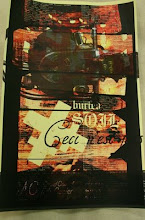
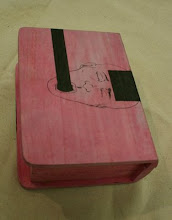

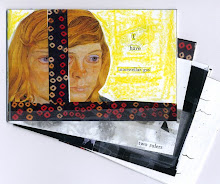
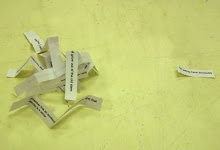
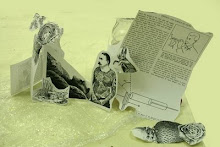

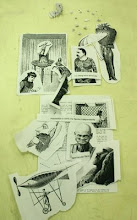
No comments:
Post a Comment